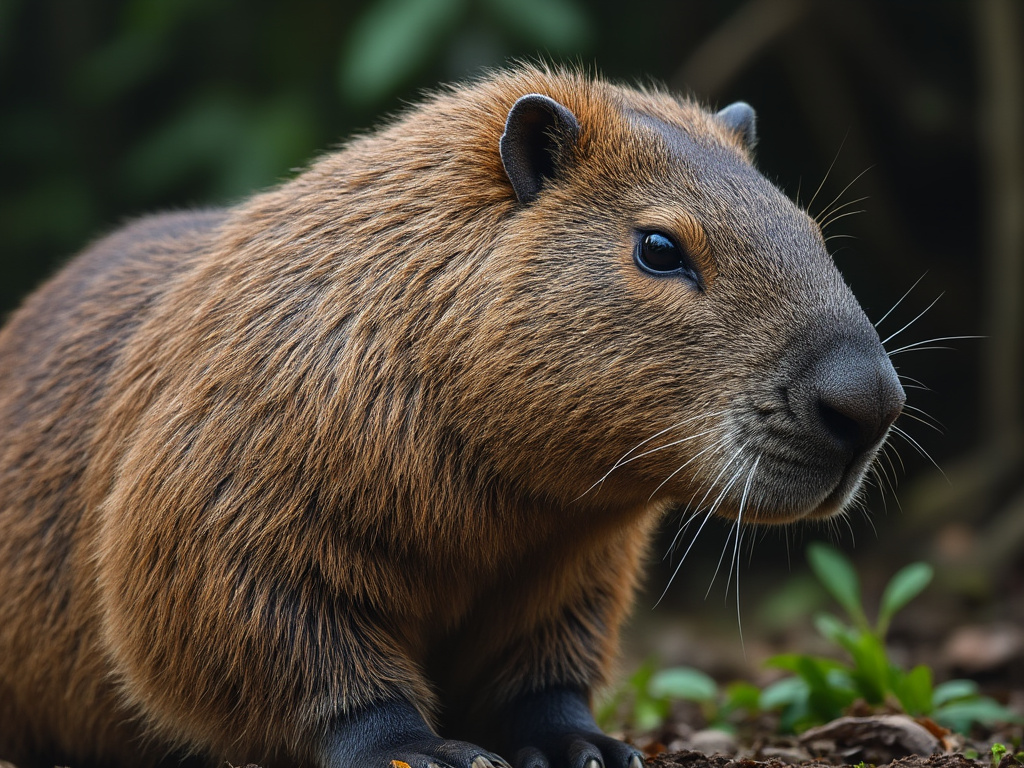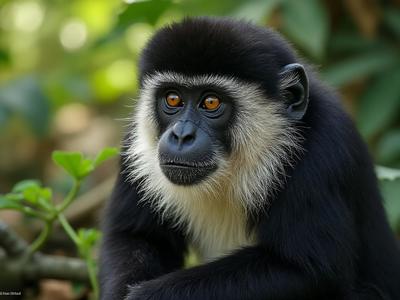
Costa Rica Makes Historic Seizure of Trafficked Capybaras Amid Drug Arrests
In a significant operation, Costa Rican authorities intercept a vehicle transporting five capybaras and illegal narcotics, marking a notable instance of wildlife trafficking.
Costa Rican police executed a notable operation leading to the seizure of five capybaras—an exotic species not native to the region—in what represents the country’s first documented case of capybara trafficking.
The operation took place during a routine vehicle checkpoint on Route 34, Costanera Sur, located in Orotina, Alajuela, along the Pacific coast.
The incident was initiated when a vehicle evaded a police roadblock in the Mollejones area, prompting officers from the Fuerza Pública to pursue and eventually stop the vehicle.
A subsequent inspection revealed the presence of five juvenile capybaras, comprising three females and two males, as well as 60 doses of crack cocaine, marijuana, two bladed weapons, and plastic spurs.
Two suspects, identified only by their surnames Torres and Navarrete, were apprehended at the scene and were reported to have prior criminal records.
The Public Security Ministry described the operation as a historic milestone in the government's ongoing fight against illegal wildlife trade.
Officials noted that this incident underscores the interconnectedness of drug trafficking and the illicit transportation of endangered species.
Capybaras, recognized as the world’s largest rodents, are indigenous to regions in South America, including Colombia, Venezuela, Peru, and Brazil.
They are not naturally found in Costa Rica, where their ownership, transport, or trade is prohibited under national law due to the ecological threats they could pose as an invasive species.
The removed capybaras were subsequently relocated to the Wildlife-Zoave Rescue Center, where they are receiving specialized veterinary care.
Dr. Isabel Hagnauer, a veterinarian at the center, indicated that the animals are in “fair” condition and will remain under quarantine for a period of one to two months, contingent on their recovery.
“These capybaras cannot be released into Costa Rican ecosystems,” Hagnauer stated, adding that they are likely to be moved to a licensed sanctuary for the purpose of conservation and educational outreach.
Security Minister Mario Zamora highlighted the broader significance of this intervention, indicating that it reflects the dual challenges posed by drug trafficking and the illegal trade of non-native species, which collectively endanger public safety and disrupt ecosystems.
Wildlife trafficking persists as a major issue in Costa Rica, with authorities reporting approximately 200 incidents in 2024 thus far, according to data from the Judicial Investigation Organization (OIJ).
The illegal trade threatens indigenous wildlife and can destabilize local ecosystems by introducing competing species or pathogens.
Authorities have encouraged the public to avoid keeping wild animals as pets and to report any suspicious activities to the appropriate agencies.
The operation took place during a routine vehicle checkpoint on Route 34, Costanera Sur, located in Orotina, Alajuela, along the Pacific coast.
The incident was initiated when a vehicle evaded a police roadblock in the Mollejones area, prompting officers from the Fuerza Pública to pursue and eventually stop the vehicle.
A subsequent inspection revealed the presence of five juvenile capybaras, comprising three females and two males, as well as 60 doses of crack cocaine, marijuana, two bladed weapons, and plastic spurs.
Two suspects, identified only by their surnames Torres and Navarrete, were apprehended at the scene and were reported to have prior criminal records.
The Public Security Ministry described the operation as a historic milestone in the government's ongoing fight against illegal wildlife trade.
Officials noted that this incident underscores the interconnectedness of drug trafficking and the illicit transportation of endangered species.
Capybaras, recognized as the world’s largest rodents, are indigenous to regions in South America, including Colombia, Venezuela, Peru, and Brazil.
They are not naturally found in Costa Rica, where their ownership, transport, or trade is prohibited under national law due to the ecological threats they could pose as an invasive species.
The removed capybaras were subsequently relocated to the Wildlife-Zoave Rescue Center, where they are receiving specialized veterinary care.
Dr. Isabel Hagnauer, a veterinarian at the center, indicated that the animals are in “fair” condition and will remain under quarantine for a period of one to two months, contingent on their recovery.
“These capybaras cannot be released into Costa Rican ecosystems,” Hagnauer stated, adding that they are likely to be moved to a licensed sanctuary for the purpose of conservation and educational outreach.
Security Minister Mario Zamora highlighted the broader significance of this intervention, indicating that it reflects the dual challenges posed by drug trafficking and the illegal trade of non-native species, which collectively endanger public safety and disrupt ecosystems.
Wildlife trafficking persists as a major issue in Costa Rica, with authorities reporting approximately 200 incidents in 2024 thus far, according to data from the Judicial Investigation Organization (OIJ).
The illegal trade threatens indigenous wildlife and can destabilize local ecosystems by introducing competing species or pathogens.
Authorities have encouraged the public to avoid keeping wild animals as pets and to report any suspicious activities to the appropriate agencies.









